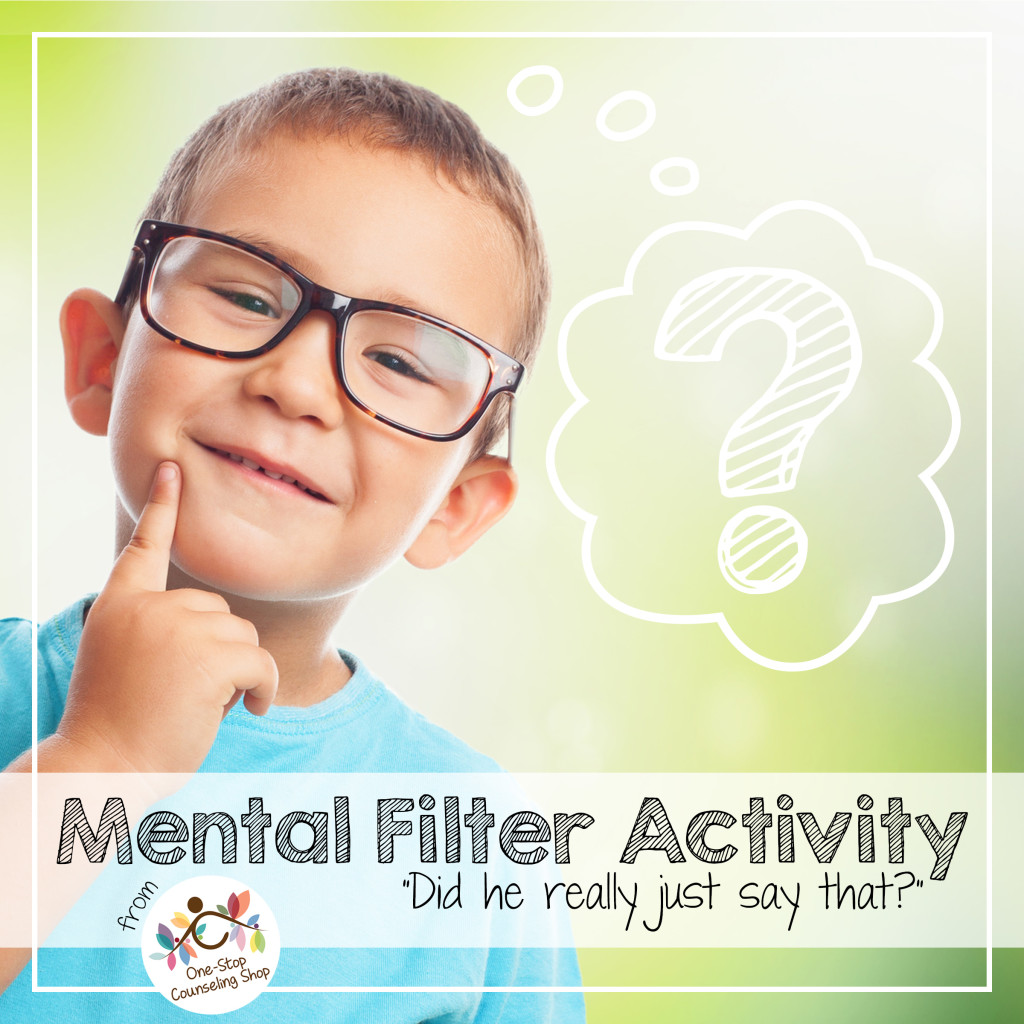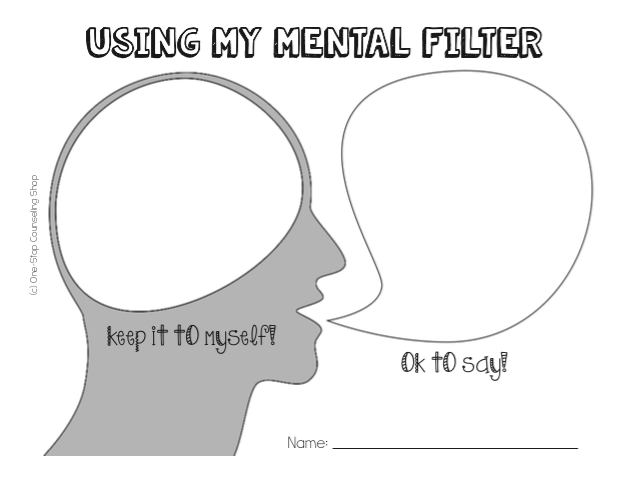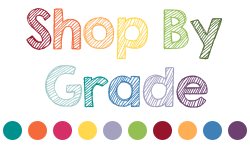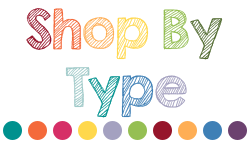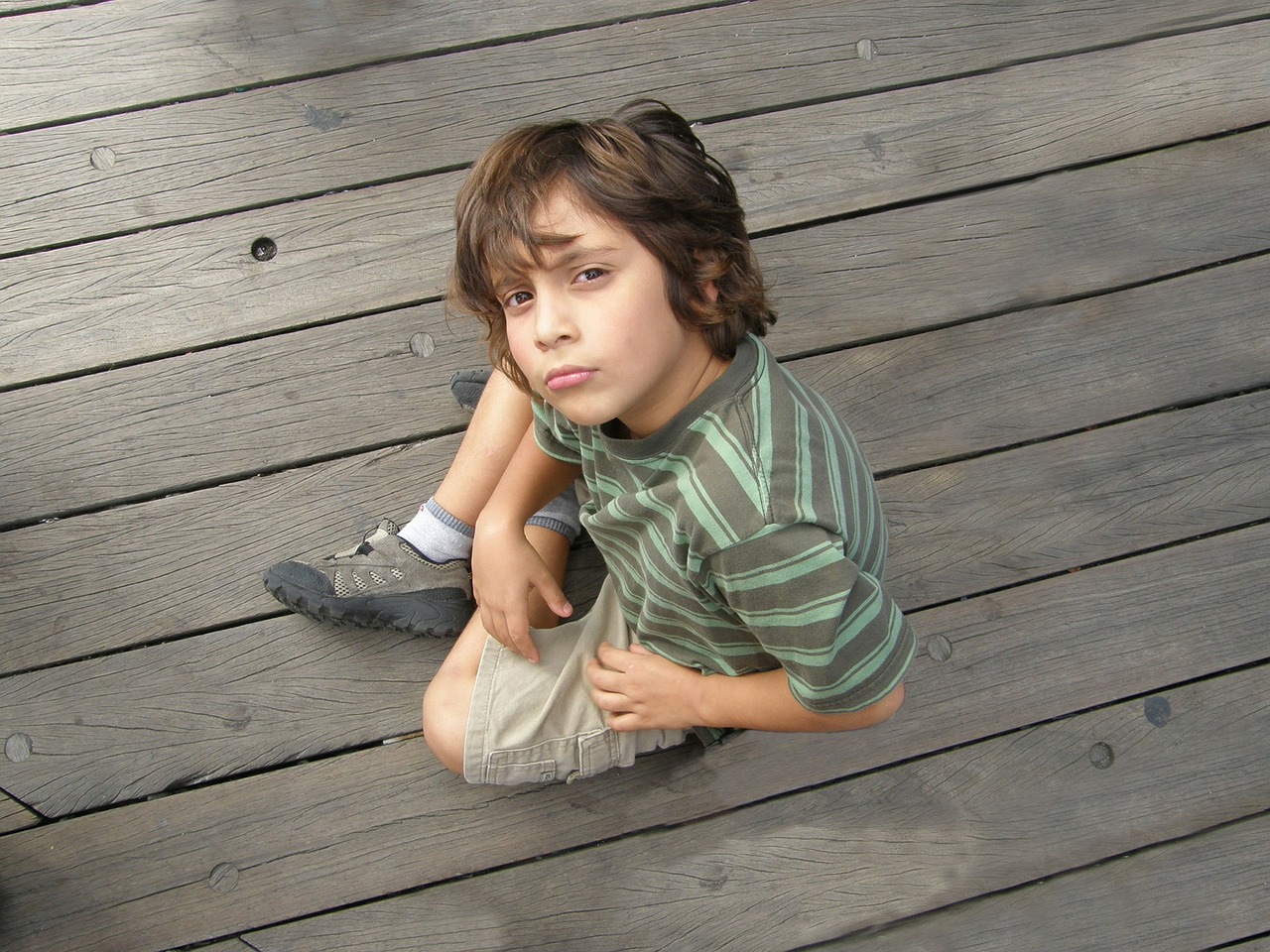
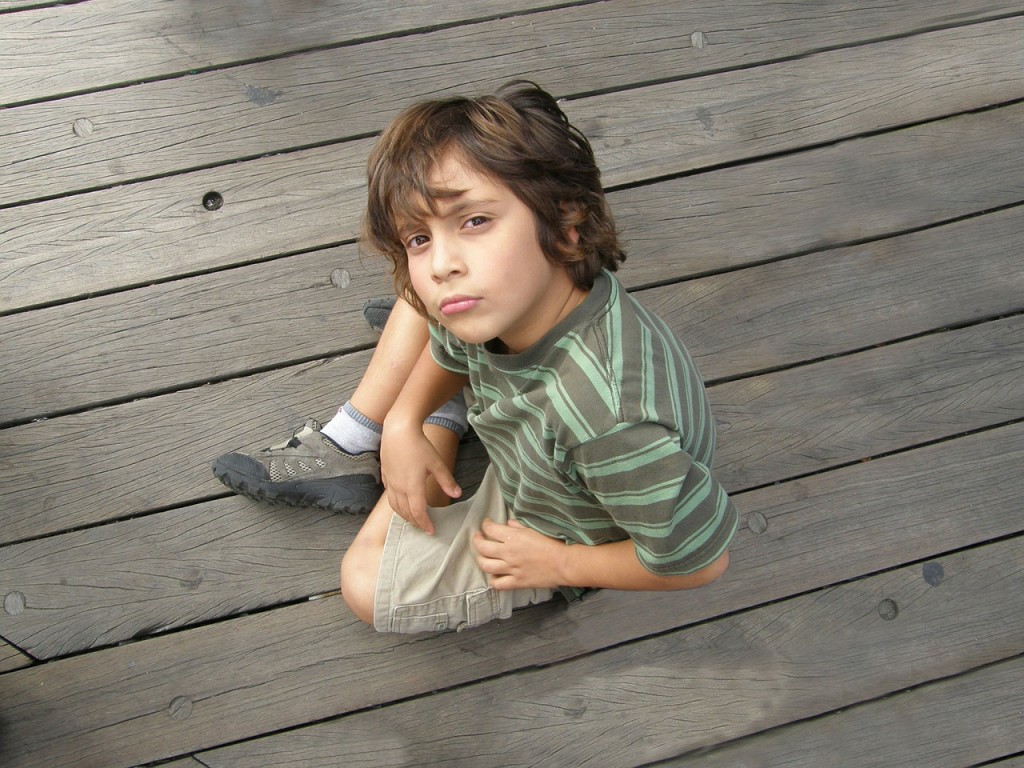
Each year, I address the needs of some of the students on my caseload through a check-in, check-out program. I’ll probably write more about it another time, but the jist is that my students have a behavior chart that their teacher fills out during the day. When school first starts, I talk with the student for a few minutes about how their night was, how their day is starting off, and remind them of a few behavioral expectations to keep in mind during the day. We also sometimes role play briefly through a situations they have been struggling with. Then, at the end of the day, they earn reward dollars based on the points they earn, which they can redeem for a variety of prizes or activities.
It seems to work really well or the most part, but a lot of times, I notice myself asking my students the same exact questions at the end of every day. What was one good thing you did today? What is one thing you want to work on for tomorrow? Blah blah blah. And while those aren’t necessarily bad questions, I sometimes feel like they just become background noise to my kids and that I might come across as not really being interested in how their day actually was.
So, this past week I made the effort to NOT ask my typical questions. I still wanted to focus on their behavior and how it played into their day, but wanted them to put themselves into other peoples’ shoes a bit too. Here are a few that I came up with:
– If you had today to do over again, what would you do differently? What would you do exactly the same?
– On a scale from 1 (really sad) to 10 (super happy), how happy were you with how your day went today?
– If you were the teacher, what would you say or do to a student who did the things that you did today?
– How did you feel during ________ (subject) today? How did your behavior cause your teacher to feel? How does your behavior causes the other students in your class to feel?
– What was the hardest thing about your day today? What was the easiest?
– What is one thing you’ll always remember from today?
As I was trying to come up with new questions, I was reminded of a blog post I read a few years ago about asking your own kids how their day was at school. I loved how the questions were a bit unexpected and required the child to think, without feeling like they have to replay each and every moment of their day.
What questions do you ask your check-out students or own kids?








